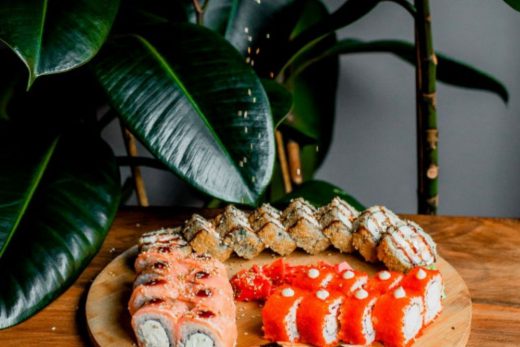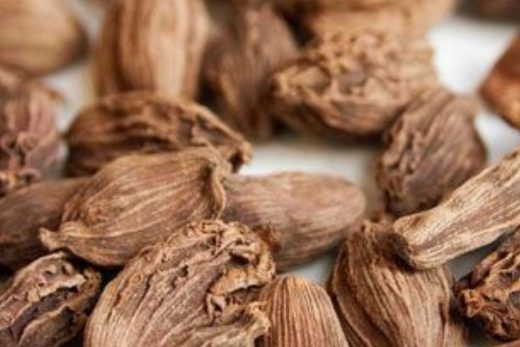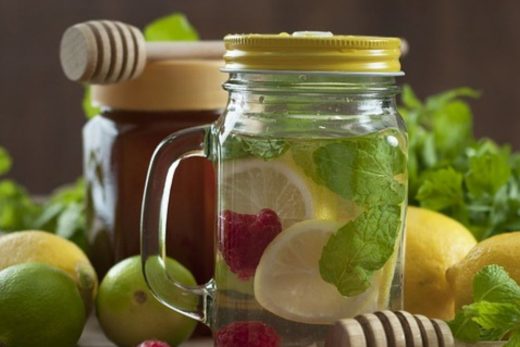Dark chocolate
If you need one more reason to eat chocolate, here it is: The effects of cocoa on your skin are pretty phenomenal. After 6–12 weeks of consuming a cocoa powder high in antioxidants each day, participants in one study experienced thicker, more hydrated skin. Their skin was also less rough and scaly, less sensitive to sunburn, and had better blood flow — which brings more nutrients to your skin.
Another study found that eating 20 grams of high-antioxidant dark chocolate per day could allow your skin to withstand over twice as much UV radiation before burning, compared with eating low-antioxidant chocolate. Several other studies have observed similar results, including improvements in the appearance of wrinkles. However, keep in mind that at least one study didn’t find significant effects. Make sure to choose dark chocolate with at least 70% cocoa to maximize the benefits and keep added sugar to a minimum. Cocoa contains antioxidants that may protect your skin against sunburn. These antioxidants may also improve wrinkles, skin thickness, hydration, blood flow, and skin texture.
Soy
Soy contains isoflavones, a category of plant compounds that can either mimic or block estrogen in your body. Isoflavones may benefit several parts of your body, including your skin. One small study involving middle-aged women found that eating soy isoflavones every day for 8–12 weeks reduced fine wrinkles and improved skin elasticity.
In postmenopausal women, soy may also improve skin dryness and increase collagen, which helps keep your skin smooth and strong. These isoflavones not only help to protect the cells inside your body from damage but also your skin from UV radiation — which may reduce the risk of some skin cancers. Soy contains isoflavones, which have been shown to improve wrinkles, collagen, skin elasticity, and skin dryness, as well as protect your skin from UV damage.
Green tea
Green tea may help protect your skin from damage and aging. The powerful compounds found in green tea are called catechins and work to improve the health of your skin in several ways.
Like several other antioxidant-containing foods, green tea can help protect your skin against sun damage. One 12-week study involving 60 women found that drinking green tea daily could reduce redness from sun exposure by up to 25%. Green tea also improved the moisture, roughness, thickness, and elasticity of their skin. While green tea is a great choice for healthy skin, you may want to avoid drinking your tea with milk, as there’s evidence that milk could reduce the effect of green tea’s antioxidants.
The catechins found in green tea are powerful antioxidants that can protect your skin against sun damage and reduce redness, as well as improve its hydration, thickness and elasticity.
Red grapes
Red grapes are famous for containing resveratrol, a compound that comes from the skin of red grapes.
Resveratrol is credited with a wide range of health benefits, among them is reducing the effects of aging. Test-tube studies suggest it may also help slow the production of harmful free radicals, which damage skin cells and cause signs of aging. This beneficial compound is also found in red wine. Unfortunately, there’s not much evidence that the amount of resveratrol you get from a glass of red wine is enough to affect your skin. And since red wine is an alcoholic beverage, there are negative effects to drinking it in excess.
It’s not recommended to start drinking red wine just because of its potential health benefits. Instead, you should increase your intake of red grapes and berries.





